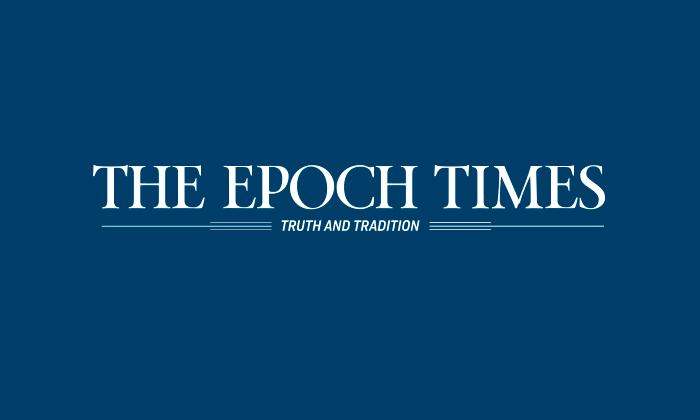Commentary
The U.S. Constitution established the United States of America as a federal republic within the principles of democracy and civic nationalism.

The U.S. Constitution established the United States of America as a federal republic within the principles of democracy and civic nationalism.